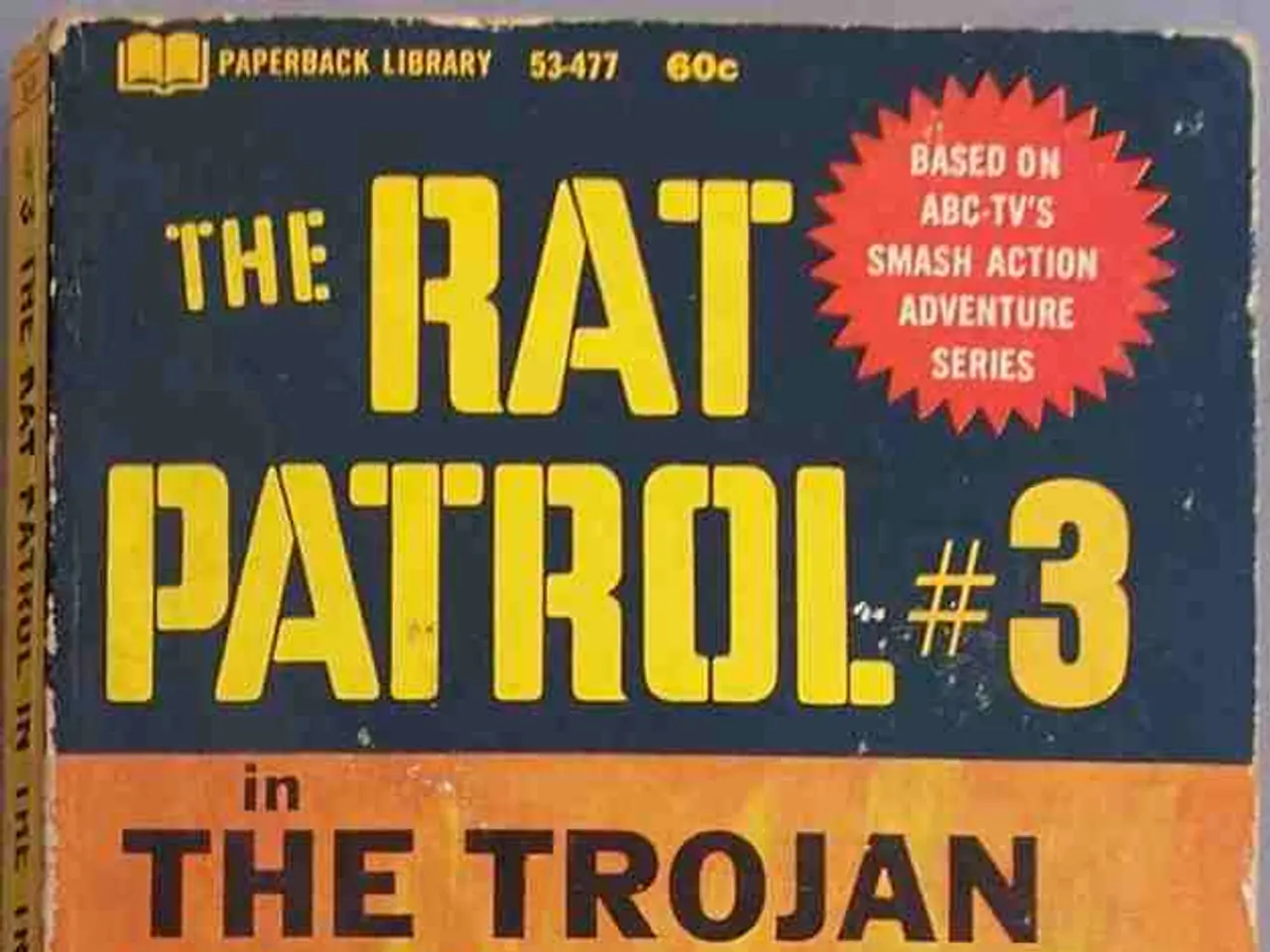Potential US Military Action Against Venezuela?
In a dramatic turn of events, Venezuela has announced a massive mobilization, putting over 4 million people on active duty. This move comes amidst rumors that President Trump has signed a secret directive for the Pentagon, allowing the use of force against drug cartels on foreign territory, particularly in Venezuela.
The tensions between the two nations have been escalating, with the White House considering Venezuela a center of drug trafficking. The US military presence in the Caribbean basin, including Puerto Rico, has been increased in response to these tensions.
However, the US deployment may not be solely aimed at combating drug trafficking. Reports suggest that it could also be aimed at blocking the channels of tanker supplies of Venezuelan oil, particularly to China. This is a significant development, given that Venezuela has found support from several countries, including Moscow, Beijing, Tehran, Havana, Brasília, and Bogotá.
The dispute over a shelf development claimed by Venezuela as its territory has added fuel to the fire. An arbitration court ordered ExxonMobil to cede 30% of the block to Chevron, which has reserves of 11 billion barrels of oil. This decision has not been welcomed by Venezuela, leading to further friction between the two nations.
The Pentagon is aware of Venezuela's defensive capabilities, and a full-scale amphibious operation may not be feasible. US Navy destroyers have been dispatched to Venezuelan waters for reconnaissance and potential targeted strikes, but the outcome remains uncertain.
The situation is complicated by the political risks involved. The US military presence in the Caribbean basin poses risks, both military and political, and could be strongly disapproved of by China and other Global South countries. This could potentially strain relations between the US and these nations.
Meanwhile, the Venezuelan Bolivarian Army, in part due to cooperation with Russia, is well-equipped. President Maduro has accused the US of preparing an invasion, a claim that has not been confirmed. President of Venezuela, Nicolas Maduro, has also accused US Secretary of State, Marco Rubio, of pushing President Donald Trump towards potential war.
The Dominican Republic President Luis Abinader has confirmed his willingness to assist Washington in fighting drug cartels, while Trinidad and Tobago has allowed American forces to use its territory "without any conditions." Argentina, Guyana, Paraguay, and Ecuador could be added to the future anti-Venezuelan alliance, as these countries have already expressed support for increased US military presence in the Caribbean basin.
The situation in Venezuela is a complex web of geopolitical maneuvers, drug trafficking, and oil resources. The White House's actions could be seen as an attempt to restore Washington's former dominant positions in the entire Western Hemisphere, a move that could have far-reaching implications for the region and beyond.
In a surprising development, the US has reportedly resumed importing oil from Venezuela, despite sanctions, and has granted company Chevron a license to resume oil production in Venezuela. This move, while seemingly contradictory, could indicate a more nuanced approach by the US administration towards Venezuela.
The situation is fluid and rapidly evolving, with both sides digging in their heels. The question on everyone's mind is: will this lead to a military confrontation, or will diplomacy prevail? Only time will tell.
Read also:
- Tobacco industry's suggested changes on a legislative modification are disregarded by health journalists
- Trump's Policies: Tariffs, AI, Surveillance, and Possible Martial Law
- Uncovering Political Ad Transparency: A Guide to Investigating opponent's Political Advertisements in the Digital Realm
- Elon Musk praises JD Vance's debate performance against Tim Walz








